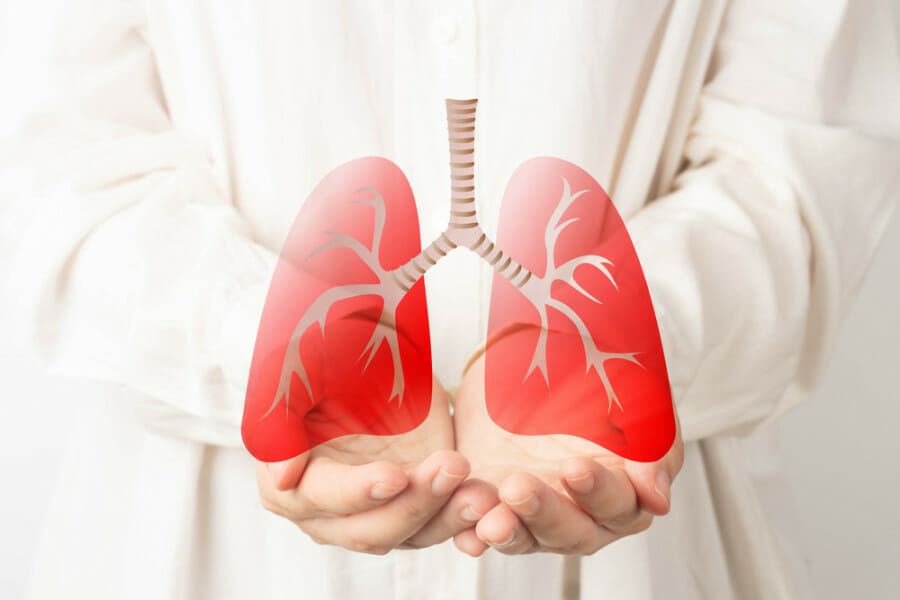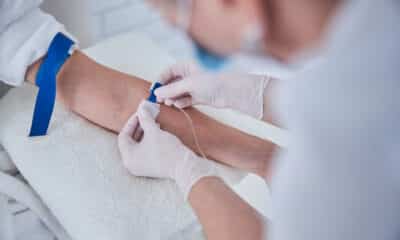Pulmonary Disease: Detection, Prevention & Causes
Our lungs, the amazing and often overlooked organs, play a vital role in our bodies. They work non-stop to help us breathe and provide us with oxygen. However, our lungs can be affected by various diseases that can have a significant impact on our health. In this article, we will explore the importance of understanding pulmonary diseases, and discuss ways to detect and prevent them.
Pulmonary diseases refer to a wide range of conditions that affect the lungs and respiratory system. These diseases can range from mild to severe, and can have a variety of causes, including infections, smoking, pollution, and genetic factors. Some common examples of pulmonary diseases include asthma, chronic obstructive pulmonary disease (COPD), pneumonia, and lung cancer.
Early detection of pulmonary diseases is crucial for effective treatment and management. Recognizing the symptoms and seeking medical help promptly can make a significant difference in the outcome of these conditions. Symptoms of pulmonary diseases can vary depending on the specific disease, but some common signs to watch out for include: coughing, wheezing, shortness of breath, chest pain, fatigue, and recurring respiratory infections.
Prevention is key when it comes to pulmonary diseases. There are several steps individuals can take to reduce their risk of developing these conditions:
- Avoid smoking: Cigarette smoke can cause serious damage to the lungs and is a major risk factor for pulmonary diseases. Quitting smoking or avoiding it altogether is one of the most effective ways to prevent these conditions.
- Maintain a healthy lifestyle: Eating a balanced diet, exercising regularly, and getting enough sleep can help strengthen the immune system and improve overall lung health.
- Avoid exposure to pollutants: Minimizing exposure to air pollutants, such as smoke, chemicals, and dust, can help protect the lungs from damage.
- Practice good hygiene: Washing hands frequently and avoiding close contact with individuals who are sick can help prevent respiratory infections that can lead to pulmonary diseases.
- Get regular check-ups: Visiting a healthcare professional on a regular basis can help detect any early signs of pulmonary diseases and ensure timely intervention.
In conclusion, pulmonary diseases can have a significant impact on our health and well-being. Understanding these diseases, recognizing the symptoms, and taking preventative measures are essential for maintaining healthy lungs. By following the steps outlined in this article, individuals can reduce their risk of developing pulmonary diseases and enjoy a better quality of life.
















